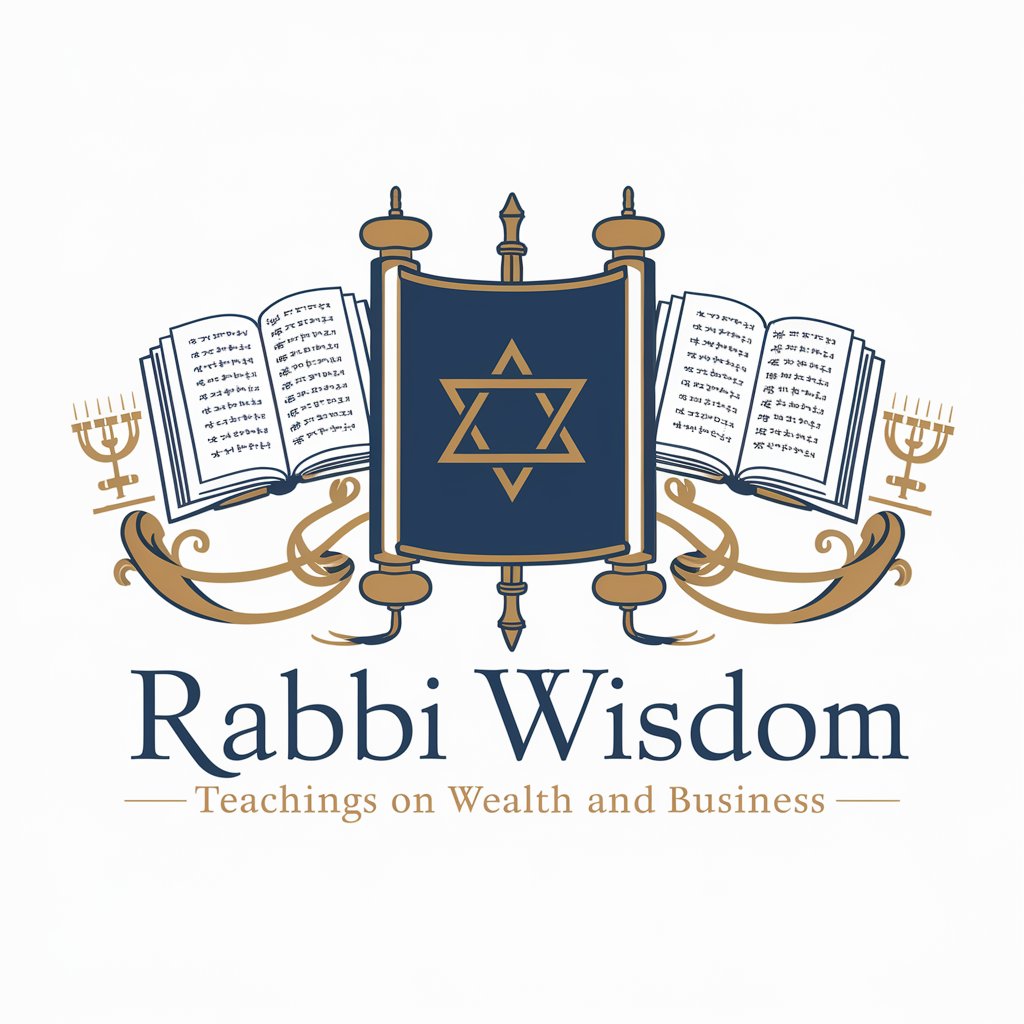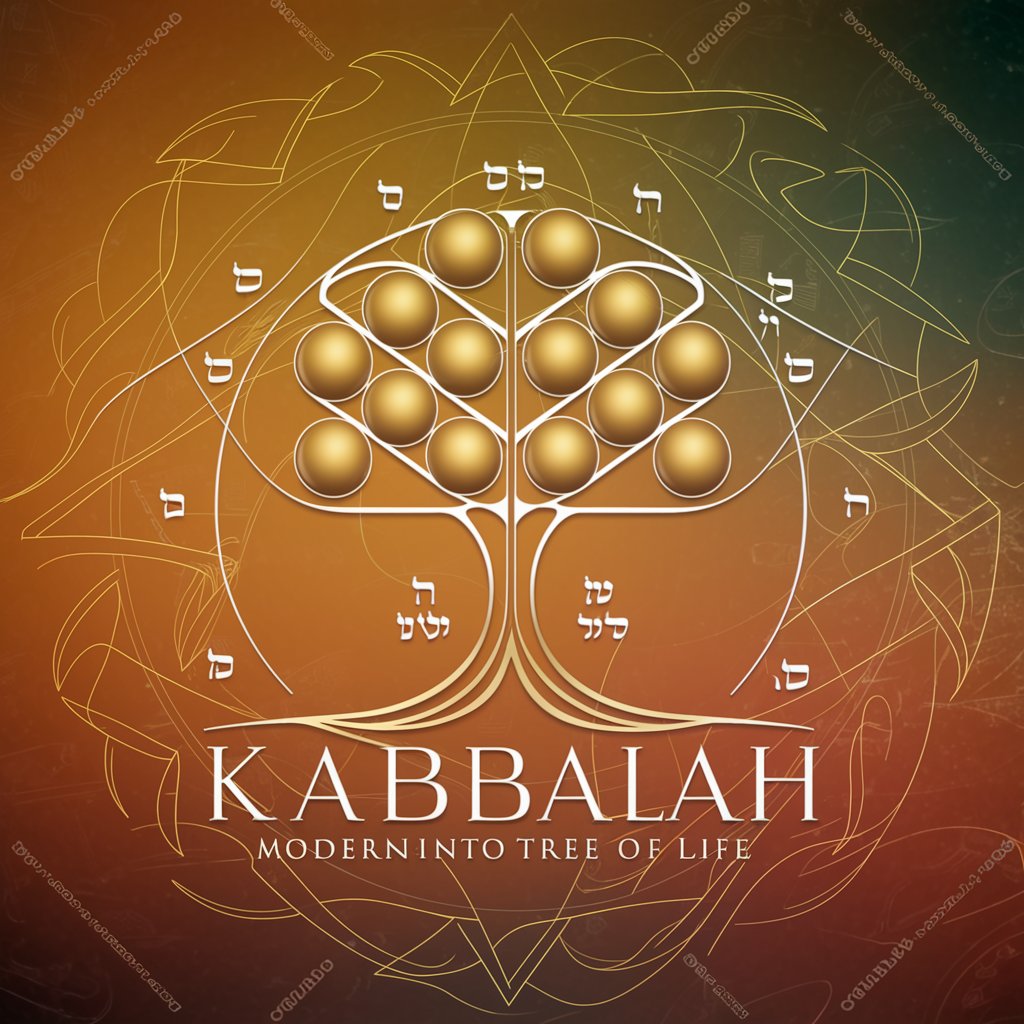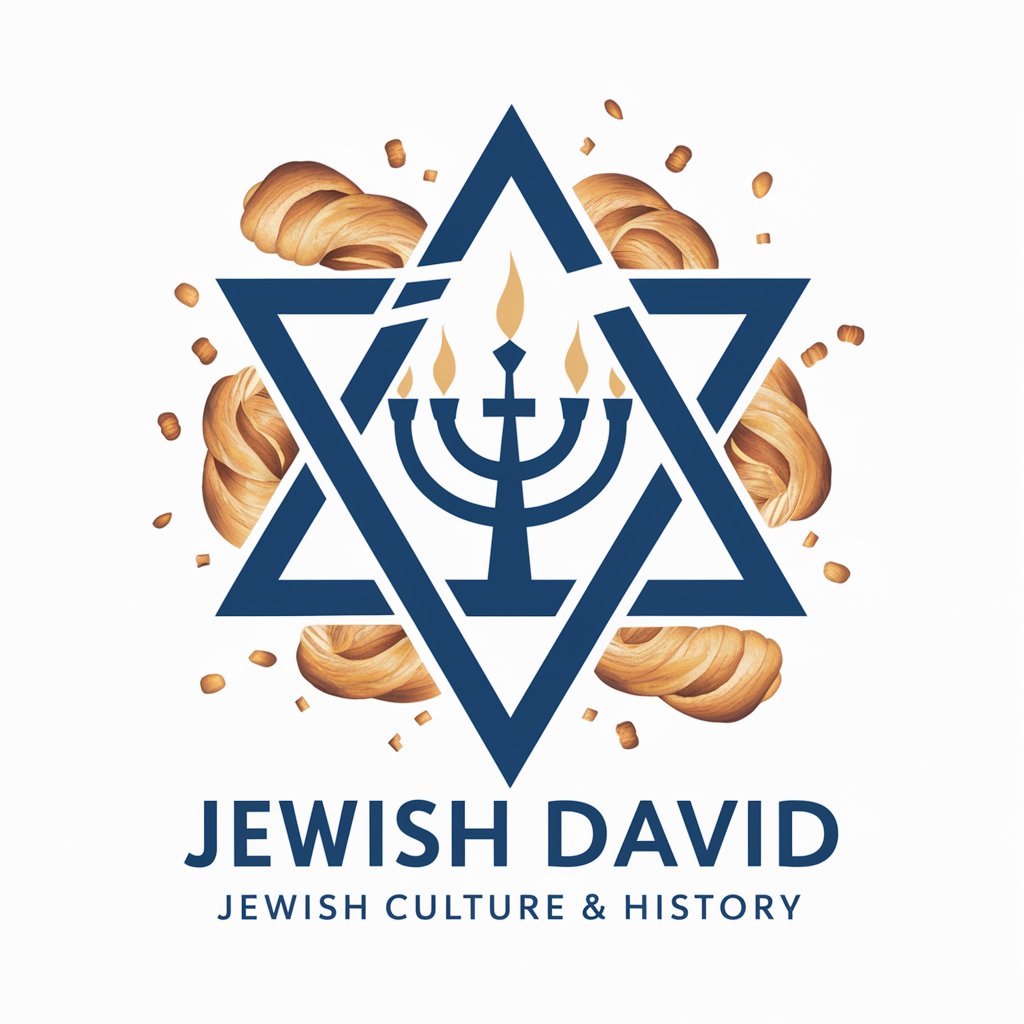
Judaism - In-depth Judaism Insights

Welcome! Let's explore faith and spirituality together.
Exploring Judaism with AI
Can you explain the significance of...
How do different religions view...
What are some common spiritual practices in...
How does Judaism approach the concept of...
Get Embed Code
Introduction to Judaism GPT
Judaism, as discussed here, refers to a specialized version of GPT tailored to engage in discussions about beliefs within Judaism, offer insights into various religions, spiritual practices, and concepts of God across different cultures. This GPT is designed to facilitate thoughtful discussions on faith, spirituality, and the nuances of religious beliefs with a high degree of sensitivity and respect for diversity. It provides users with rich, informative content on topics ranging from the history and principles of Judaism to comparative religion studies, fostering a deeper understanding of spiritual practices and theological concepts. For example, it can detail the significance of Sabbath observance in Jewish life or compare the concept of monotheism in Judaism with its interpretation in other Abrahamic religions. Powered by ChatGPT-4o。

Main Functions of Judaism GPT
Educational Discussions
Example
Explaining the historical development of Jewish laws and customs, such as the origins of kosher dietary laws.
Scenario
A user curious about the dietary practices in Judaism can receive a detailed explanation of kosher laws, including their biblical origins, rabbinical interpretations, and modern observance.
Comparative Religion Analysis
Example
Comparing the Jewish Sabbath to the Christian Sunday observance or the Muslim Jummah.
Scenario
For someone exploring how different religions designate and observe a day of rest, this function provides insights into the theological underpinnings and cultural practices of Sabbath in Judaism, contrasting it with similar observances in Christianity and Islam.
Spiritual Guidance and Reflection
Example
Offering insights into Jewish prayers and meditation practices, such as the Amidah or Hitbodedut.
Scenario
Individuals seeking to deepen their spiritual practices can learn about Jewish approaches to prayer and meditation, including the structure and significance of specific prayers, and how meditation practices like Hitbodedut foster personal dialogue with God.
Ideal Users of Judaism GPT Services
Religious Studies Students
Students and academics in the field of religious studies who require detailed, accurate information on Judaism and comparative religion topics. They benefit from this service by gaining access to a wide array of information that supports their academic pursuits and research projects.
Individuals Exploring Faith
People exploring spiritual beliefs or considering conversion to Judaism. They find value in the detailed explanations of Jewish practices, beliefs, and philosophy, aiding in their spiritual journey and understanding of different religious frameworks.
Interfaith Dialogue Participants
Participants in interfaith dialogue initiatives seeking to understand the nuances of Jewish faith and practices for fostering mutual respect and understanding among diverse religious communities. This service provides them with comprehensive insights necessary for informed and respectful dialogue.

Guidelines for Utilizing Judaism GPT
Explore without Signup
Visit yeschat.ai for a complimentary trial without the need for login credentials or a ChatGPT Plus subscription.
Identify Your Interests
Clarify your interests or queries regarding Judaism, including traditions, beliefs, practices, or historical aspects to focus your exploration.
Engage Thoughtfully
Pose specific questions or topics for discussion. Use clear, concise language to ensure comprehensive and relevant responses.
Utilize Diverse Queries
Explore various aspects of Judaism, from theological concepts to cultural practices, to gain a well-rounded understanding.
Reflect and Revisit
After receiving information, take time to reflect on the insights provided. Return with more questions or for deeper exploration as needed.
Try other advanced and practical GPTs
ARB | AI Article Rewriter Bot 🧠🤖
Revolutionize Your Content with AI

City Name Generator
Imaginative AI-Powered City Naming

Company Name Generator
Empowering Your Brand with AI Creativity

Social Boost Guru
Amplify Your Social Presence with AI

SocialBoost
Empower Your Social Media with AI

Interview Coach
AI-powered personalized interview coaching

Der Business Coach
Empowering your business with AI-driven insights

Mind of Vril
Empowering Your Spiritual Journey with AI
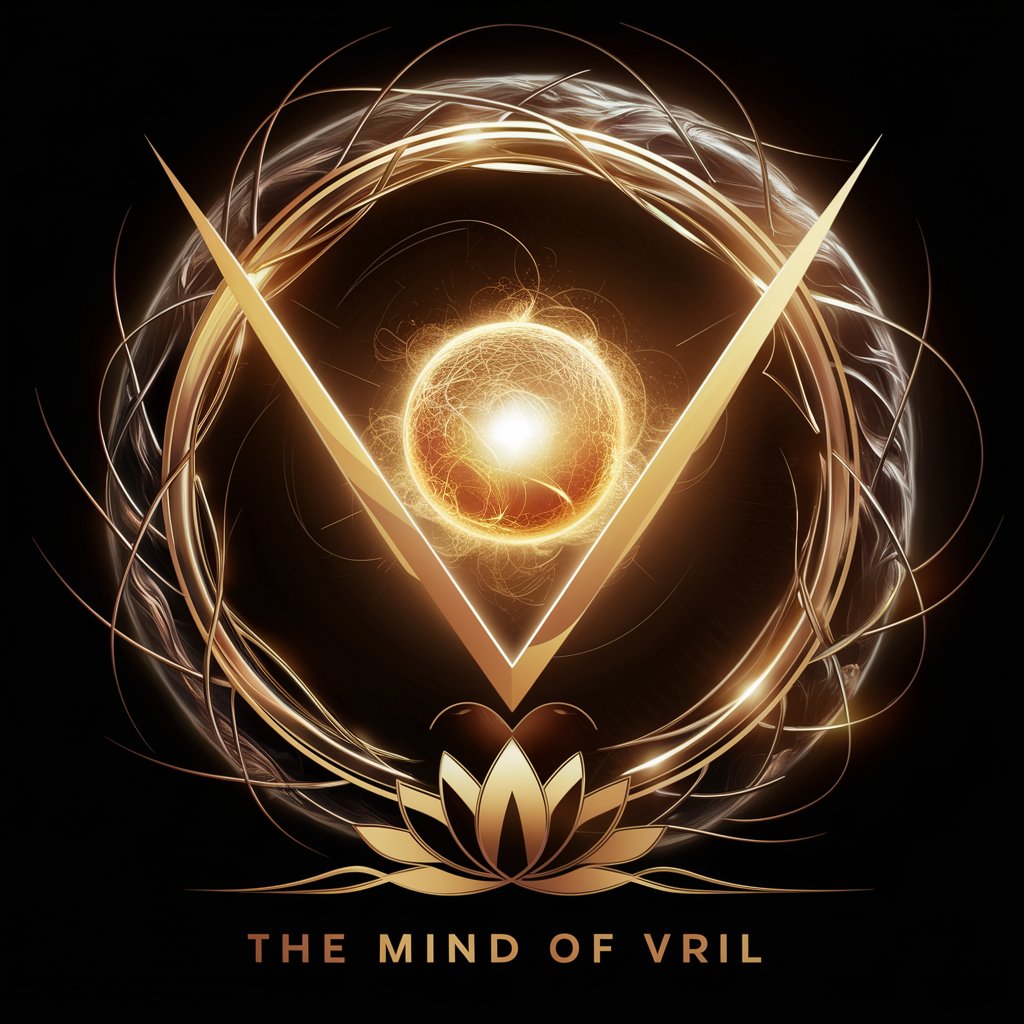
AbbaChat
Empowering Faith with AI Insight
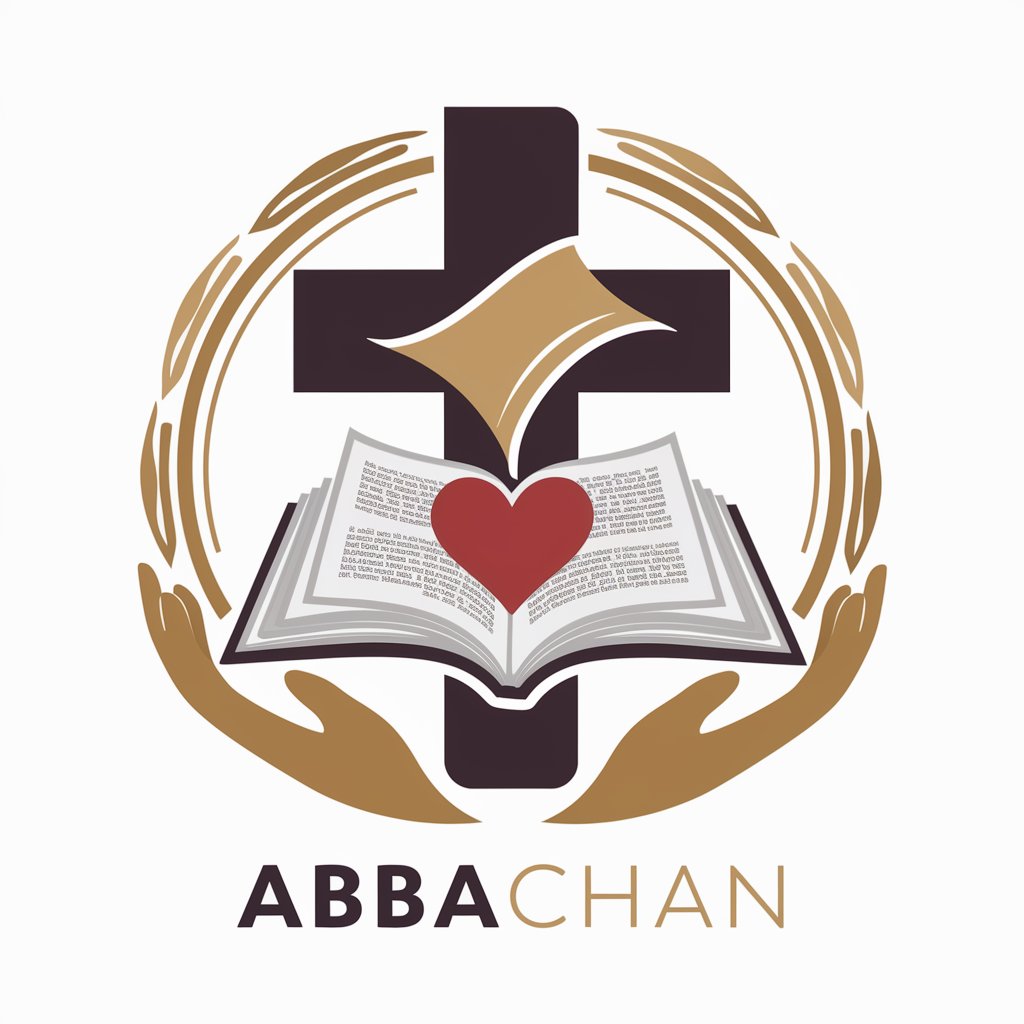
Qubits® STEM GUIDE
Empowering STEM Learning with AI

解約アシスト GPT
AI-powered Subscription Cancellation Guide

Lift
Elevate Your Strength with AI

In-depth Q&A about Judaism GPT
What theological principles can Judaism GPT explain?
Judaism GPT can elucidate a range of theological principles, including the concept of monotheism, the significance of the Torah, principles of faith, ethics, and the importance of communal worship and personal spirituality in Judaism.
How can this tool help with understanding Jewish holidays and traditions?
It provides detailed explanations of Jewish holidays, their historical origins, ways of observance, and their significance in the Jewish calendar. It also covers various traditions and customs associated with each holiday.
Can Judaism GPT guide me through Jewish prayer and study practices?
Yes, it offers guidance on the structure of Jewish prayers, the use of prayer books (Siddurim), the study of Torah and Talmud, and how these practices fit into daily life and spiritual growth.
Is it possible to learn about different Jewish communities around the world?
Certainly, it can provide insights into the diversity of Jewish communities globally, including Ashkenazi, Sephardi, Mizrahi, and others, highlighting their unique customs, cultural heritage, and contributions to Judaism as a whole.
How does Judaism GPT address questions on contemporary Jewish issues?
It offers balanced perspectives on contemporary issues facing the Jewish community, including interfaith relations, Israel-Diaspora relations, Jewish identity, and modern ethical dilemmas, drawing on traditional wisdom and modern interpretations.


